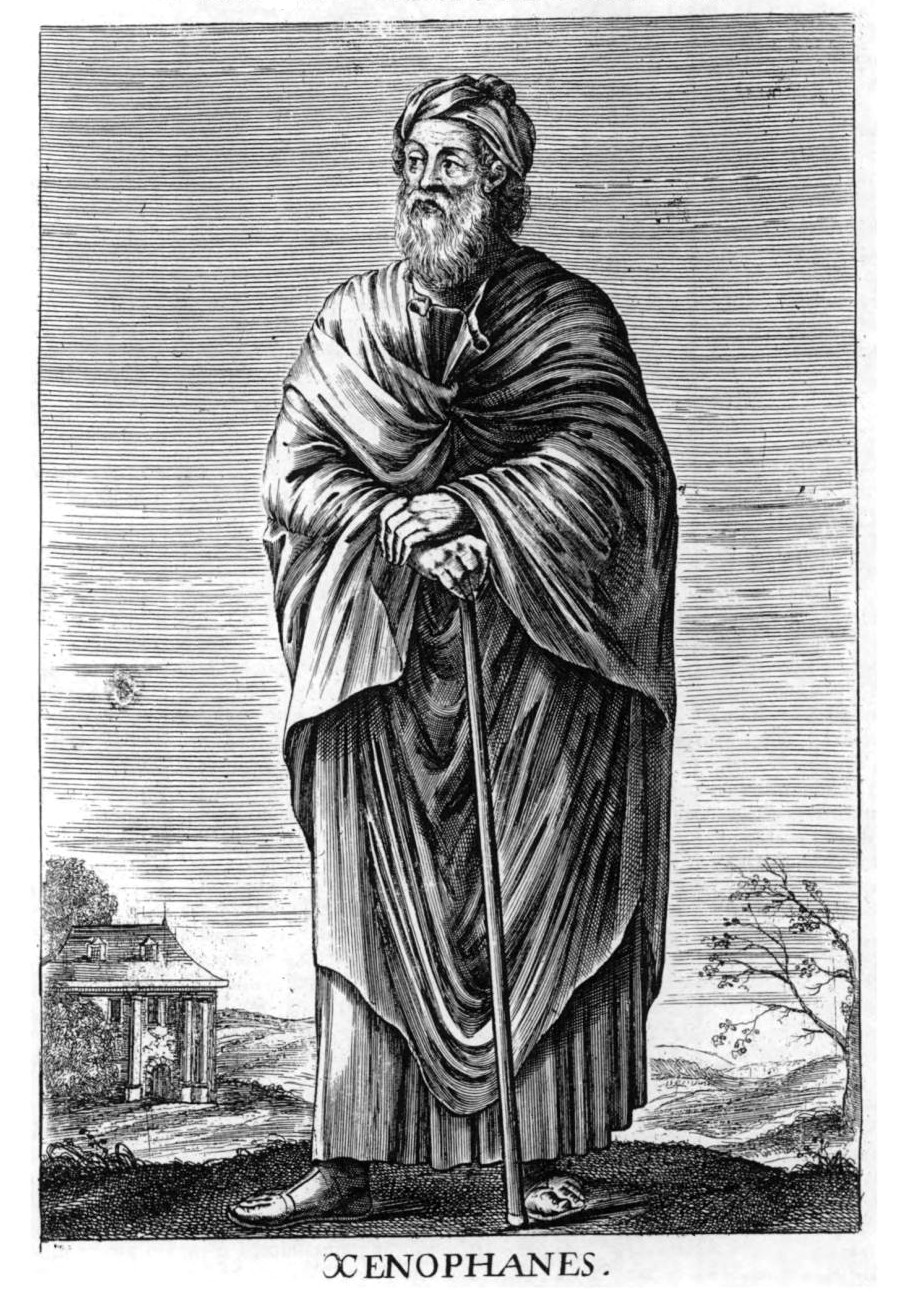|
Carlos Nejar
Luis Carlos Verzoni Nejar, better known as Carlos Nejar (born January 11, 1939 in Porto Alegre), is a Brazilian poet, author, translator and critic, and a member of the Academia Brasileira de Letras. One of the most important poets of its generation, Nejar, also called "o poeta do pampa brasileiro", is distinguished for his use of an extensive vocabulary, alliteration, and pandeism Pandeism (or pan-deism), is a theological doctrine that combines aspects of pantheism with aspects of deism. Unlike classical deism, which holds that God does not interfere with the universe after its creation, pandeism holds that a creator d .... His first book, ''Sélesis'', was published in 1960. Nejar was elected to the fourth seat of the Brazilian Academy of Letters on November 24, 1988, succeeding Viana Moog. Works Poetry * Sélesis - Livraria do Globo, Porto Alegre, 1960. * Livro de Silbion - editora Difusão de Cultura, Porto Alegre, 1963. * Livro do tempo - editora Champagnat, Porto Ale ... [...More Info...] [...Related Items...] OR: [Wikipedia] [Google] [Baidu] |
Academia De Letras De Brasília Homenageia Poeta Carlos Nejar (36128101554)
An academy (Attic Greek: Ἀκαδήμεια; Koine Greek Ἀκαδημία) is an institution of secondary education, secondary or tertiary education, tertiary higher education, higher learning (and generally also research or honorary membership). The name traces back to Plato's school of philosophy, founded approximately 385 BC at Akademia, a sanctuary of Athena, the goddess of wisdom and Skills, skill, north of Ancient Athens, Athens, Greece. Etymology The word comes from the ''Academy'' in ancient Greece, which derives from the Athenian hero, ''Akademos''. Outside the city walls of Athens, the Gymnasium (ancient Greece), gymnasium was made famous by Plato as a center of learning. The sacred space, dedicated to the goddess of wisdom, Athena, had formerly been an olive Grove (nature), grove, hence the expression "the groves of Academe". In these gardens, the philosopher Plato conversed with followers. Plato developed his sessions into a method of teaching philosophy and in 3 ... [...More Info...] [...Related Items...] OR: [Wikipedia] [Google] [Baidu] |
Porto Alegre
Porto Alegre (, , Brazilian ; ) is the capital and largest city of the Brazilian state of Rio Grande do Sul. Its population of 1,488,252 inhabitants (2020) makes it the List of largest cities in Brazil, twelfth most populous city in the country and the center of Brazil's List of metropolitan areas in Brazil, fifth largest metropolitan area, with 4,405,760 inhabitants (2010). The city is the southernmost capital city of a Brazilian state. Porto Alegre was founded in 1769 by Manuel Jorge Gomes de Sepúlveda, who used the pseudonym José Marcelino de Figueiredo to hide his identity; but the official date is 1772 with the act signed by Immigration to Brazil, immigrants from the Azores, Portugal. The city lies on the eastern bank of the Guaíba Lake, where five rivers converge to form the Lagoa dos Patos, a giant freshwater lagoon navigable by even the largest of ships. This five-river junction has become an important alluvial port as well as a chief industrial and commercial center ... [...More Info...] [...Related Items...] OR: [Wikipedia] [Google] [Baidu] |
Poetry
Poetry (derived from the Greek ''poiesis'', "making"), also called verse, is a form of literature that uses aesthetic and often rhythmic qualities of language − such as phonaesthetics, sound symbolism, and metre − to evoke meanings in addition to, or in place of, a prosaic ostensible meaning. A poem is a literary composition, written by a poet, using this principle. Poetry has a long and varied history, evolving differentially across the globe. It dates back at least to prehistoric times with hunting poetry in Africa and to panegyric and elegiac court poetry of the empires of the Nile, Niger, and Volta River valleys. Some of the earliest written poetry in Africa occurs among the Pyramid Texts written during the 25th century BCE. The earliest surviving Western Asian epic poetry, the '' Epic of Gilgamesh'', was written in Sumerian. Early poems in the Eurasian continent evolved from folk songs such as the Chinese ''Shijing'', as well as religious hymns (the S ... [...More Info...] [...Related Items...] OR: [Wikipedia] [Google] [Baidu] |
Academia Brasileira De Letras
The Academia Brasileira de Letras (ABL) ( English: ''Brazilian Academy of Letters'') is a Brazilian literature, literary non-profit society established at the end of the 19th century. The first president, Machado de Assis, declared its foundation on Tuesday, 15 December 1896, with the by-laws being passed on Thursday, 28 January 1897. On Tuesday, 20 July of the same year, the academy started its operation. According to its statutes, it is the pre-eminent Portuguese council for matters pertaining to the Portuguese language. The ABL is considered the foremost institution devoted to the Portuguese language in Brazil. Its prestige and technical qualification gives it paramount authority in Brazilian Portuguese, even though it is not a public institution and no law grants it oversight over the language. The academy's main publication in this field is the Orthographic Vocabulary of the Portuguese Language (''Vocabulário Ortográfico da Língua Portuguesa'') which has five editions ... [...More Info...] [...Related Items...] OR: [Wikipedia] [Google] [Baidu] |
Alliteration
Alliteration is the conspicuous repetition of initial consonant sounds of nearby words in a phrase, often used as a literary device. A familiar example is "Peter Piper picked a peck of pickled peppers". Alliteration is used poetically in various languages around the world, including Arabic, Irish, German, Mongolian, Hungarian, American Sign Language, Somali, Finnish, Icelandic. Historical use The word ''alliteration'' comes from the Latin word ''littera'', meaning "letter of the alphabet". It was first coined in a Latin dialogue by the Italian humanist Giovanni Pontano in the 15th century. Alliteration is used in the alliterative verse of Old English, Old Norse, Old High German, Old Saxon, and Old Irish. It was an important ingredient of the Sanskrit shlokas. Alliteration was used in Old English given names. This is evidenced by the unbroken series of 9th century kings of Wessex named Æthelwulf, Æthelbald, Æthelberht, and Æthelred. These were followed in the 10th ... [...More Info...] [...Related Items...] OR: [Wikipedia] [Google] [Baidu] |
Pandeism
Pandeism (or pan-deism), is a theological doctrine that combines aspects of pantheism with aspects of deism. Unlike classical deism, which holds that God does not interfere with the universe after its creation, pandeism holds that a creator deity became the universe and ceased to exist as a separate entity. Pandeism (as it relates to deism) purports to explain why God would create a universe and then appear to abandon it, and (as it relates to pantheism) seeks to explain the origin and purpose of the universe. Various theories suggest the coining of the word "pandeism" as early as the 1780s, but one of the earliest unequivocal uses of the word with its present meaning was in 1859 with Moritz Lazarus and Heymann Steinthal. Definition The word "pandeism" is a hybrid blend of the root words "pantheism" and "deism" ( grc, πᾶν, pan, all and la, deus 'god'). The earliest use of the term ''pandeism'' appears to have been 1787, with another usage found in 1838, a first app ... [...More Info...] [...Related Items...] OR: [Wikipedia] [Google] [Baidu] |
Viana Moog
Viana may refer to: Places *Viana, Luanda, Angola *Viana, Espírito Santo, Brazil * Viana, Maranhão, Brazil *Viana do Castelo, Portugal *Viana, Spain in Navarre *Viana (comarca), Ourense, Galicia, Spain **Viana do Bolo, a municipality in the comarca Other uses * Vianna, alternate spelling * Viana (department store), a Mexican discount chain * ''Viana'' (gastropod), a genus of land snails *Esporte Clube Viana, a Brazilian football club based in Maranhão state * (1885–1914), Brazilian parasitologist honored on a Brazilian postage stamp *Hugo Viana (born 1983), Portuguese footballer See also *Prince of Viana The Prince or Princess of Viana ( es, Príncipe de Viana, eu, Vianako Printzea) is one of the titles of the heir of the Crown of Spain. Other associated titles originate from the rest of the kingdoms that formed Spain: Prince of Asturias, Pri ... {{disambiguation, geo, surname Portuguese-language surnames ... [...More Info...] [...Related Items...] OR: [Wikipedia] [Google] [Baidu] |
Pedro Tamen
Pedro is a masculine given name. Pedro is the Spanish, Portuguese, and Galician name for ''Peter''. Its French equivalent is Pierre while its English and Germanic form is Peter. The counterpart patronymic surname of the name Pedro, meaning "son of Peter" (compare with the English surname Peterson) is Pérez in Spanish, and Peres in Galician and Portuguese, Pires also in Portuguese, and Peiris in coastal area of Sri Lanka (where it originated from the Portuguese version), with all ultimately meaning "son of Pêro". The name Pedro is derived via the Latin word "petra", from the Greek word "η πέτρα" meaning "stone, rock". The name Peter itself is a translation of the Aramaic ''Kephas'' or '' Cephas'' meaning "stone". An alternate archaic spelling is ''Pêro''. Pedro may refer to: Notable people Monarchs, mononymously *Pedro I of Portugal *Pedro II of Portugal *Pedro III of Portugal *Pedro IV of Portugal, also Pedro I of Brazil *Pedro V of Portugal *Pedro II of Bra ... [...More Info...] [...Related Items...] OR: [Wikipedia] [Google] [Baidu] |
Santiago Kovadloff
Santiago Kovadloff (born December 14, 1942) is an Argentine essayist, poet, translator, anthologist of Portuguese literature and author of children's stories. He was born in Buenos Aires where he graduated in Philosophy at the University of Buenos Aires with a thesis on the thought of Martin Buber called "The hearer of God". Some of his works were translated into Hebrew, Portuguese, German, Italian and French and others have spread throughout Spain. Honorary professor at the Universidad Autónoma de Madrid and Doctor Honoris Causa by the Universidad de Ciencias Empresariales y Sociales(UCES). Since 1992 a member of the Royal Spanish Academy, since 1998 member of the Academia Argentina de Letras since 2010 by the National Academy of Moral and Political Sciences and the National Academy of Journalism. Member of the Court of Ethics of the Jewish Community of Argentina until dissolved. He works professionally as a philosophy professor and lecturer. Is permanent collaborator of the new ... [...More Info...] [...Related Items...] OR: [Wikipedia] [Google] [Baidu] |
1939 Births
This year also marks the start of the Second World War, the largest and deadliest conflict in human history. Events Below, the events of World War II have the "WWII" prefix. January * January 1 ** Third Reich *** Jews are forbidden to work with Germans. *** The Youth Protection Act was passed on April 30, 1938 and the Working Hours Regulations came into effect. *** The Jews name change decree has gone into effect. ** The rest of the world *** In Spain, it becomes a duty of all young women under 25 to complete compulsory work service for one year. *** First edition of the Vienna New Year's Concert. *** The company of technology and manufacturing scientific instruments Hewlett-Packard, was founded in a garage in Palo Alto, California, by William (Bill) Hewlett and David Packard. This garage is now considered the birthplace of Silicon Valley. *** Sydney, in Australia, records temperature of 45 ˚C, the highest record for the city. *** Philipp Etter took over as Swi ... [...More Info...] [...Related Items...] OR: [Wikipedia] [Google] [Baidu] |
Living People
Related categories * :Year of birth missing (living people) / :Year of birth unknown * :Date of birth missing (living people) / :Date of birth unknown * :Place of birth missing (living people) / :Place of birth unknown * :Year of death missing / :Year of death unknown * :Date of death missing / :Date of death unknown * :Place of death missing / :Place of death unknown * :Missing middle or first names See also * :Dead people * :Template:L, which generates this category or death years, and birth year and sort keys. : {{DEFAULTSORT:Living people 21st-century people People by status ... [...More Info...] [...Related Items...] OR: [Wikipedia] [Google] [Baidu] |


.jpg)


.jpg)